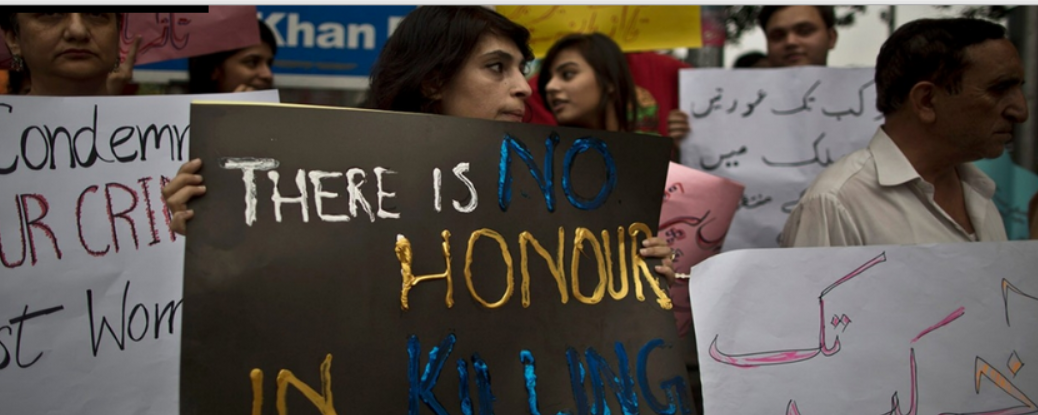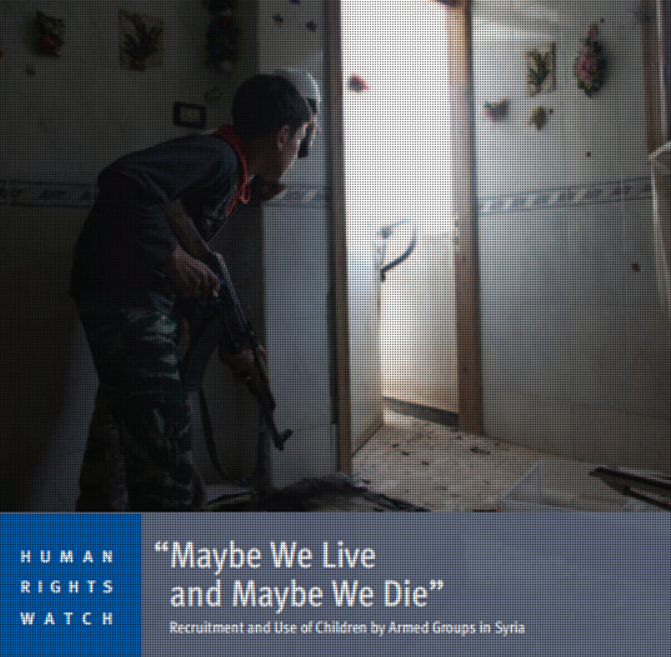By Kathryn Maureen Ryan
Impunity Watch Managing Editor
Islamabad, Pakistan – A newlywed couple was murdered at the hands of the bride’s family in an honor killing in eastern Pakistan police said Saturday. The newlyweds, Sajjad Ahmed, aged 26, and Muawia Bibi, aged 18, were married on June 18 in the Punjab region of Pakistan without the consent of the Bibi family. Police say the girl’s father and uncles lured the couple back to their home promising that they would give their blessings to the union.

Members of the Bibi family then reportedly tied and decapitated the couple, while there were no outside witnesses the family members turned themselves into policy and are now jailed in Punjab. The family members say they were embarrassed by the girl’s marriage because she married a man who they considered to be from a less prominent tribe.
These so called honor killings are not uncommon in Pakistan. According to the country’s human rights commission 869 women were victims of honor killings last year. Honor killings such as this most recent horrific murder often originate from tribal traditions in Pakistan and are most commonly carried out in rural communities. Human rights activists say that in many cases bystanders, including police officials, don’t often step in and interfere because the killings are regarded as family matters.
According to the United Nations, approximately 5,000 women across the globe are murdered by family members in honor killings every year. However, many advocacy groups believe the crime is under-reported and the actual number of women killed at the hands of their own families in the name of “honor” is much higher.
A number of honor killings have made international news in Pakistan in recent months, drawing awareness to this horrendous trend. Earlier in June 18 year-old Saba Masqood was found inside a sack after she was left for dead in a canal in Pakistan by her brother and father.
A coalition of religious leaders in Pakistan has responded to the honor killing crisis by issuing a fatwa against honor killings, calling them “un-Islamic” and “highly condemnable.” The fatwa came just days after 25 year-old Farzana Parveen was killed by about two dozen relatives, including her father and brothers, in front of Lahore High Court as onlookers watched but did not intervene to saver her.
“A daughter is a gift by Allah. And the feeling of being dishonored by your daughter is forbidden in Islam,” the edict issued by the group read. “Killing one’s daughter and humiliating them is a sign of ignorance.”
For more information please see:
CNN International – Pakistani Newlyweds Decapitated by Bride’s Family in Honor Killing – 29 June 2014
The New York Times – Family Kills Pakistani Couple After They Married For Love – 28 June 2014
Al Jazeera America – Faith Leaders in Pakistan Issue fatwa Against ‘Un-Islamic’ Honor Killings – 1 June 2014
Human Rights Commission of Pakistan – State of Human Rights 2013 – March 2014
